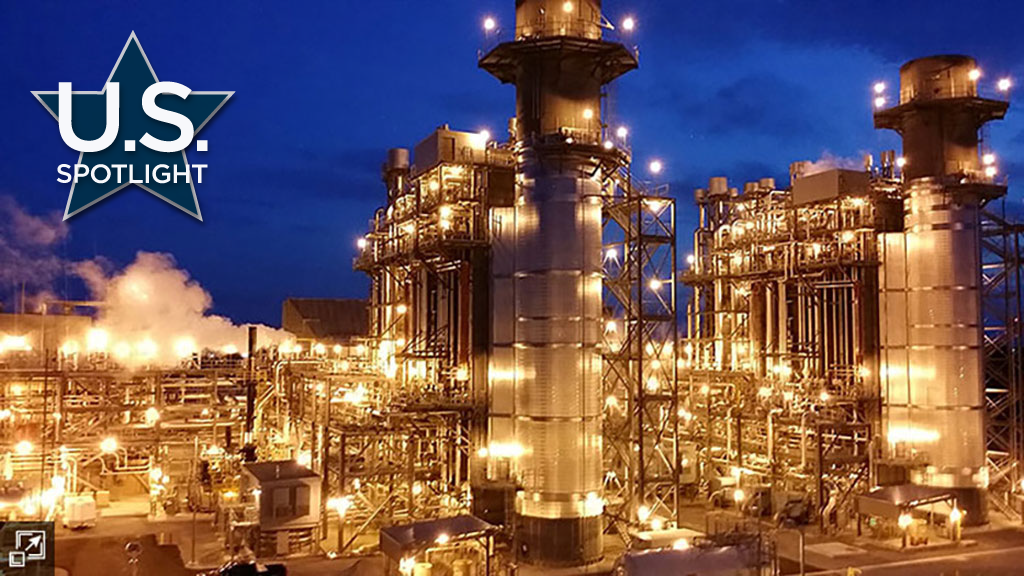Texas lawmakers don’t seem to have much love for renewable power, if the list of proposed legislation before the Texas House is any indication.
Of several bills reported by local media, one under current consideration includes higher registration fees for purchasers of EVs, based on claims EVs don’t pay for road maintenance through gasoline taxes.
Another bill recommends a tax on electricity generators that don’t use natural gas. Under a complicated formula, the State Comptroller would be permitted to impose a tax equal to state charges at the wellhead for natural gas.
Targeting wind turbines directly, State Bill 154 would give local authorities the power to block the location of turbines. Another would keep wind turbines outside a 65-mile perimeter of airports in the state, citing air safety concerns. Under another proposed bill, solar energy facilities would lose their 10-year depreciation appraisal valuations, effectively raising the cost of solar power.
These proposals all come from Republican representatives. However, of the thousands of bills proposed, many never pass the House.
One bill proposal with a good chance of passing, however, is the replacement for the Chapter 313 property tax exemption and limitation program that expired last December.
Named The Texas Jobs and Security Act and also known as House Bill 5 (HB5), it was passed in the State House by a strong margin and now only needs State Senate approval.
Under HB5’s investment incentive provisions, renewable energy projects would not be eligible for tax savings. That has the backing of Gov. Greg Abbott. He has suggested renewables enjoyed favoured treatment and support in the past, versus the state’s well-entrenched fossil fuel industry. Abbott believes renewable energy investments will continue without state tax breaks, and that the focus should be on “dispatchable power” from gas-powered generation.
Research appears to dispute Abbott’s claim concerning past state support. A 2018 University of Texas Energy Institute study found between 2010 and 2019, oil and gas received $1.8 billion in direct state support, versus just over $1 billion for wind and solar.
Ironically, Texas has been generating more wind and solar power than any other U.S. state for several years. According to the Rocky Mountain Institute (RMI), renewables currently provide 40 per cent of state requirements. That saved Texans as much as $30 million each day during March, April and May last year in generator fuel costs and $3 billion over the first half of 2022.
Furthermore, under the recently-passed federal Inflation Reduction Act, no other state has the potential to reap more benefit in absolute dollars if the act’s grants and incentives are directed to clean energy technology and infrastructure, according to the RMI study.In fact, renewable energy is even recognized by the fossil fuel industry as a pathway to the future. Researchers at the University of Texas at Austin College revealed more than half of the $60 billion renewable energy projects approved under Chapter 313 were submitted by companies related to the oil and gas industry.
Chapter 313 arguably had flaws in terms of providing sufficient safeguards to ensure promised levels of job creation, something HB5 seeks to address. However, not all rural communities are happy about HB5’s rejection of support for renewables. Renewable energy projects approved under Chapter 313 were sometimes the only source of job creation in many outlying districts where they were located.
These realities cause some observers to question Abbott’s motivation to restrict renewable energy’s access to HB5’s benefits. After all, Texas requires increased amounts of power to support its plans for future industrial development and expansion. Eliminating renewable energy projects, along with the battery storage facilities that accompany them, from eligibility under HB5’s incentive program appears counterintuitive.
While HB5’s support appears to follow party lines, it does have backing from business leaders like Bob Harvey, president and CEO of the Greater Houston Partnership.
“This legislation would create a carefully crafted economic development program that offers a partial, time-limited discount on school property taxes on investments in new facilities to encourage high-value projects to locate in Texas,” he writes. “In turn, these projects will benefit local communities by creating quality jobs, driving infrastructure development and fostering emerging technologies.”
Excluding wind and solar energy from HB5’s incentives is a gamble. With renewable investment competition heating up across the country, Texas appears to be rolling the dice on its energy and industrial future.











Recent Comments
comments for this post are closed